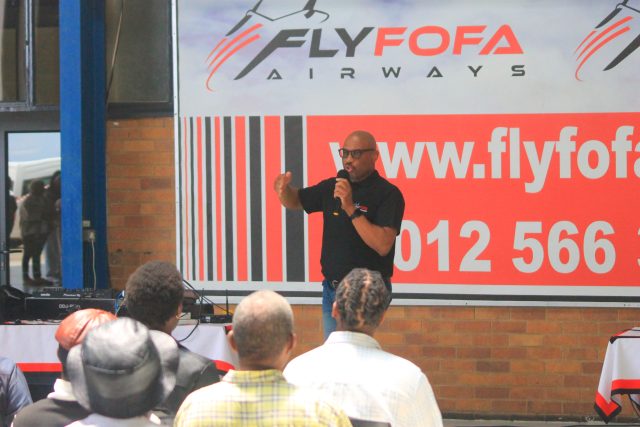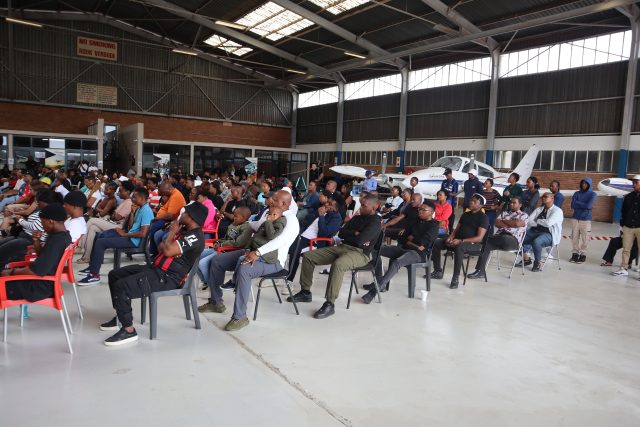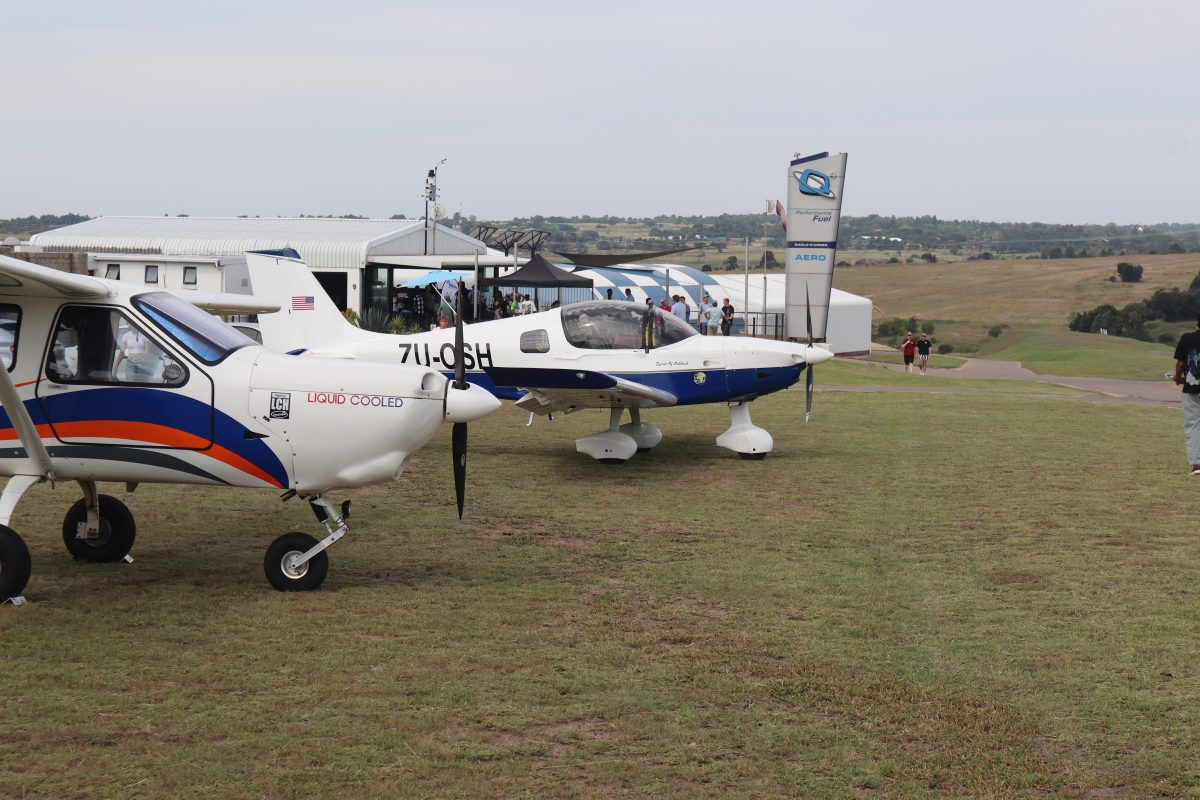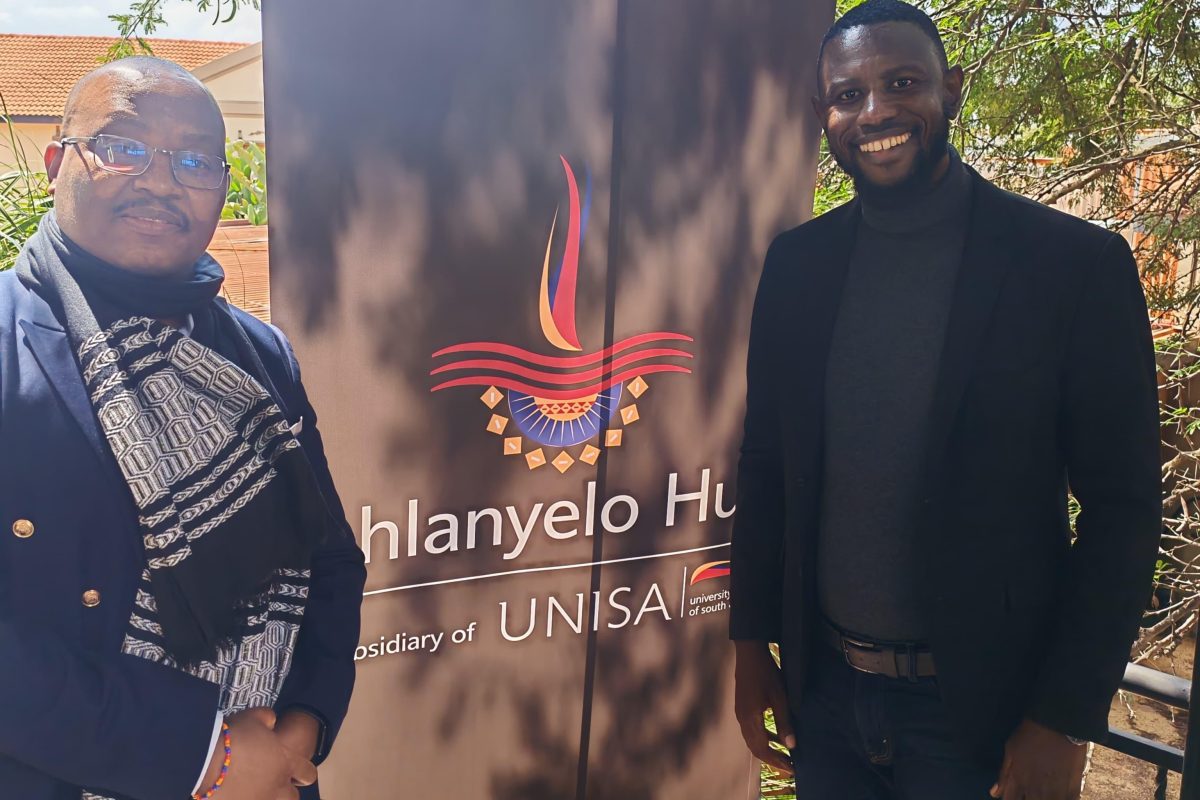Pretoria, South Africa: On 18 January 2025, Wonderboom National Airport in Pretoria became a hub of inspiration as Fly Fofa Aviation Training hosted its eagerly anticipated open day and information session. The response? Overwhelming. The hangar was packed to capacity, brimming with young dreamers and aspiring aviators, supportive parents, and curious siblings. The demand was so high that Fly Fofa conducted not one, not two, but three separate sessions to ensure everyone had the opportunity to engage. The event was livestreamed on Facebook by the Flying Jurist Media team.

This initiative, spearheaded by Fly Fofa in partnership with the Department of Higher Education, is not just about aviation training. It represents a bold alignment with South Africa’s constitutional imperative to create a transformed society. The Government has a responsibility to open doors to the economy and historically exclusive career paths for all South Africans, especially those from previously disadvantaged backgrounds. Yet, it is important to highlight that this funding is inclusive, available to all racial groups, provided candidates meet the requirements.
Bridging the Gap in Aviation
The statistics speak volumes. According to the South African Civil Aviation Authority (SACAA), the aviation industry remains disproportionately represented in terms of race and gender. For example, women comprise a very low percentage of licensed aviation professionals (estimated below 10%), and the number of Black South Africans in commercial aviation roles is still alarmingly low. Initiatives like Fly Fofa’s funded programmes are critical to addressing these disparities and ensuring that the skies truly belong to all South Africans.
Fly Fofa’s open day brought this vision to life, introducing the audience to funding opportunities that cover:
- Drone Pilot Training – Preparing participants for cutting-edge careers in an evolving industry.
- Pilot Training – Funding pathways for individuals seeking to pursue Private Pilot License (PPL) to Commercial Pilot License (CPL) training for those recently matriculated and aged 17 to 23.
- Cabin Crew Training – A vital entry point for individuals aiming to take to the skies in customer-focused roles.
- Hour-Building for Commercial Pilots – Supporting qualified pilots (under 25 and with a Commercial Pilot Licence) to accumulate the experience needed to meet advanced industry requirements.

Interactive Engagement and Questions
The sessions were lively, with attendees raising critical questions around entry criteria, the bursary scheme, and other programme specifics.
- Qualifying Criteria: Participants wanted clarity on the age requirements, with initial pilot and cabin crew training capped at 23 years and hour-building funding restricted to those under 25. Proof of South African citizenship and Gauteng residency also emerged as key discussion points.
- Medical Clearance: Aviation professionals must meet stringent health standards, prompting numerous inquiries about the medical examination process. This too captured the curious minds of the young people in the audience.
- Bursary Scheme Details: Funded by the National Skills Fund (NSF) through the Department of Higher Education and Training, this scheme reflects a national commitment to broadening access to the aviation industry. Indeed this elicited questions around the possibility of such funding initiatives being offered in other provinces in the future.
Fly Fofa’s Broader Impact
What sets Fly Fofa apart is its dual approach to transformation and excellence. While it leads the charge in offering fully funded opportunities for eligible candidates, it also serves as a preferred training organization for self-funded students. Accredited by the SACAA, Fly Fofa is renowned for delivering world-class programmes that meet the highest industry standards.
Beyond training, this initiative is a catalyst for economic growth. The aviation sector is a key driver of the South African economy, contributing to tourism, trade, and connectivity. By cultivating a diverse and skilled workforce, Fly Fofa and its partners are laying the groundwork for a thriving, inclusive industry.
The Big Picture
The Fly Fofa open day wasn’t just an event; it was a movement. It demonstrated that dreams of flying—once confined to a privileged few—are now within reach for all South Africans. In a country where access to opportunity is a constitutional right, initiatives like these don’t just fill hangars; they lift lives.
With every session, every question answered, and every young person inspired, Fly Fofa Aviation Training and its partners are helping South Africa soar towards a brighter, more equitable future. The runway is clear—we are cleared for take-off!
Prof Angelo Dube



One comment
Captain Bolt
19 January 2025 at 3:57 pm
Beautifully structured and very informative.